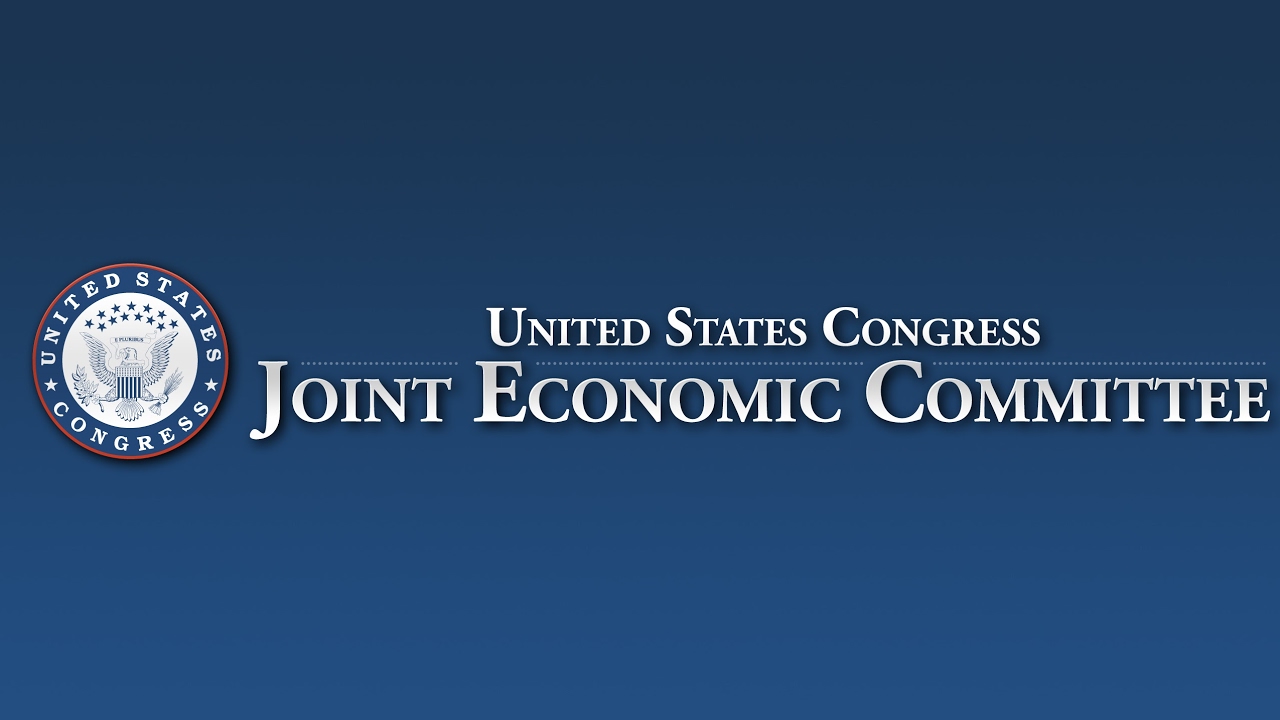Joint Economic Committee hearing on the “Promise of Opportunity Zones”

On May 17, the congressional Joint Economic Committee (JEC) held a hearing to consider the potential positive impacts that Opportunity Zones tax incentives, enacted in the Tax Cuts and Jobs Act of 2017, could have for low-income communities. The Opportunity Zone program is intended to spur investment in distressed communities by allowing taxpayers specialized tax treatment, including deferred capital gains, for investments in Opportunity Funds, which must in turn invest at least 90 percent of their assets in businesses located in qualified Opportunity Zones.
Witnesses at the hearing included Senator Tim Scott (R-SC); John Lettieri, Co-Founder and President of Economic Innovation Group (EIG); Terri Ludwig, CEO of Enterprise Community Partners; and Maurice Jones, President and CEO of Local Initiatives Support Corporation (LISC).
The testimony focused on the need for guidance from the Internal Revenue Service (IRS) and the Treasury Department on Opportunity Zones, including how this tax incentive can be used in conjunction with the Low Income Housing Tax Credit (Housing Credit) and the New Market Tax Credit. All three of the witnesses agreed this tax incentive, with the right guardrails, can be a useful and effective tool for community development, including affordable housing production.
Ludwig argued that measuring the success of Opportunity Zones will necessitate transparency in Opportunity Funds. She cautioned that without proper direction and oversight, Opportunity Zones could hurt the very people Congress is seeking to help in creating the tax incentive, stating, “While communities are excited about this catalyst for economic development, they are also concerned that private investment could unintentionally displace the very residents and businesses that the tax benefit is intended to support.”
Letteri drew attention to two distinguishing features of the program—its flexibility and nationwide applicability, stating, “Flexibility and scalability are essential ingredients because they unlock the vast creativity and problem-solving potential of communities and the marketplace in ways that would not be possible under a more prescriptive policy framework.”
“With strong continued leadership from Congress and the implementation of our recommendations,” said Jones, “we believe that the Opportunity Zones incentive can spur billions in private investment activity in the country’s most distressed census tracts and play a major role in closing the existing opportunity gap that is leaving these communities behind.”

